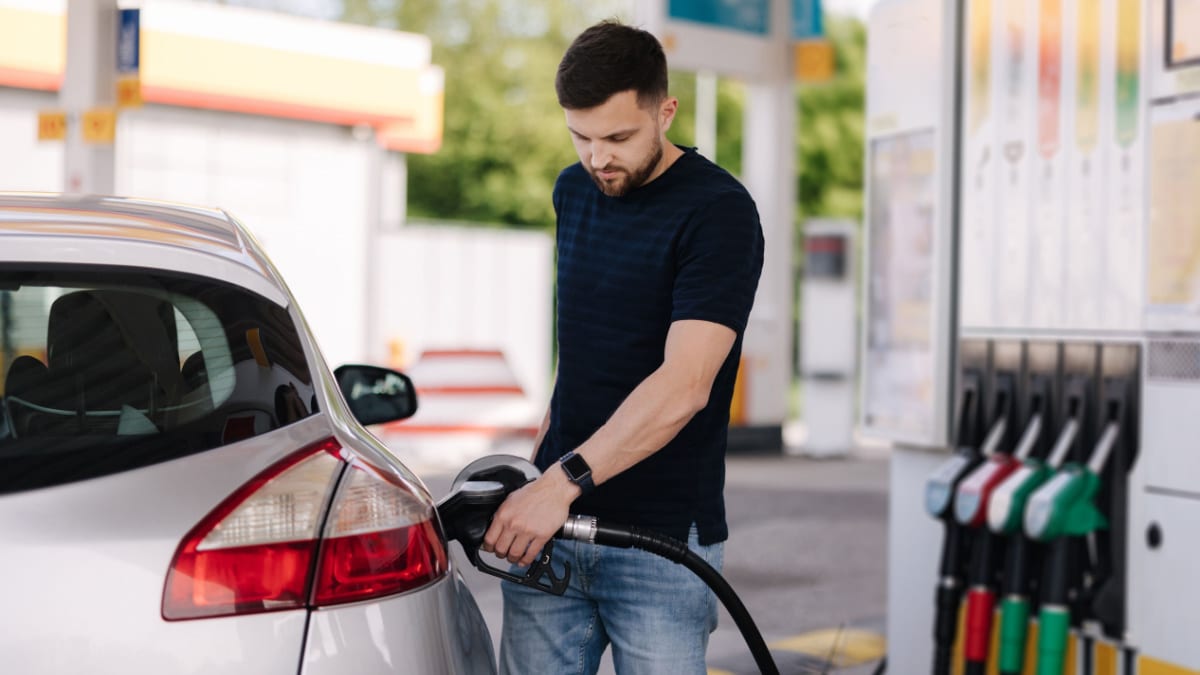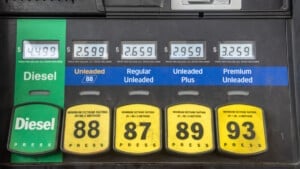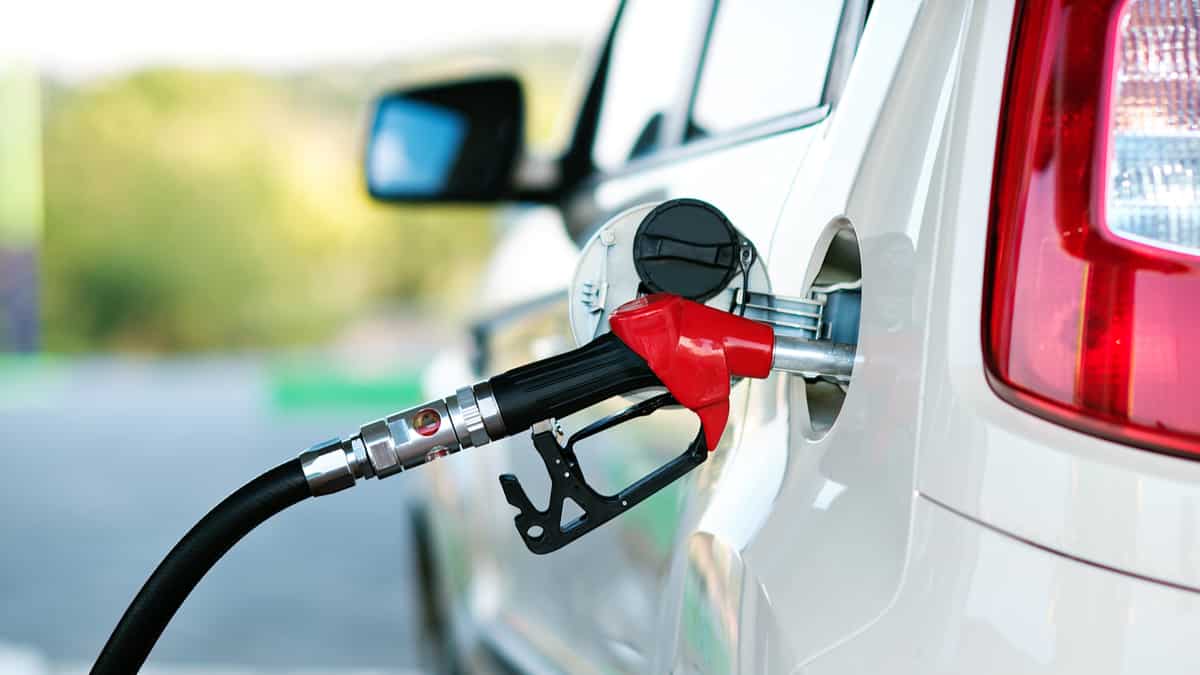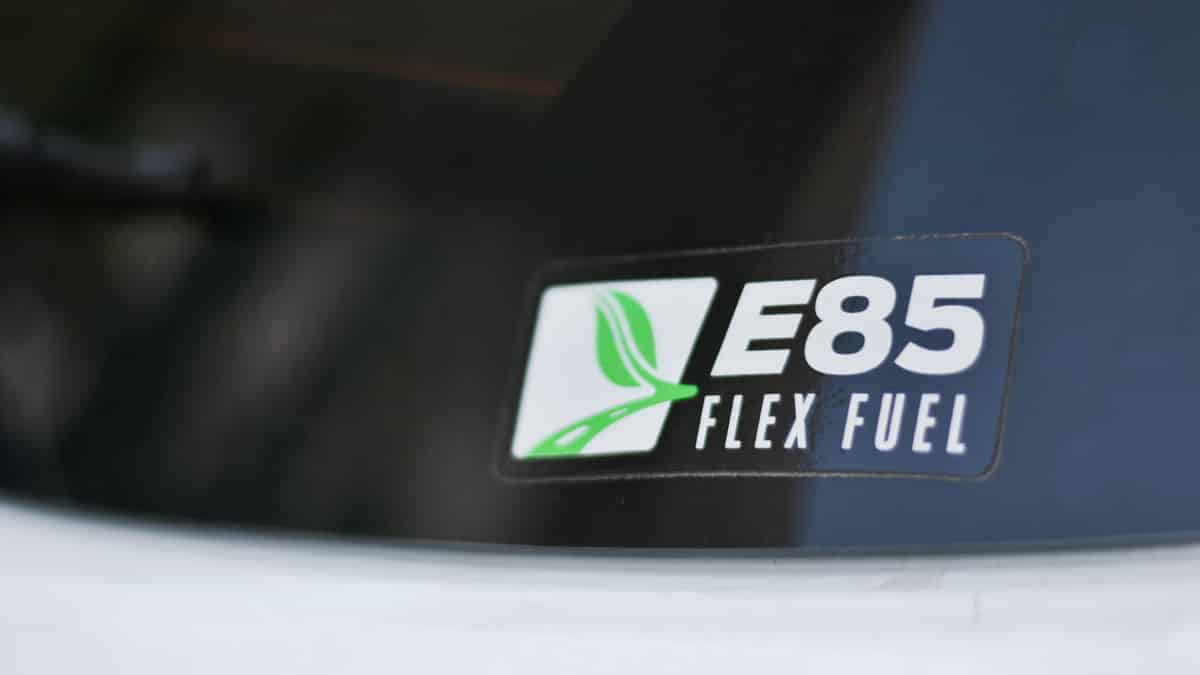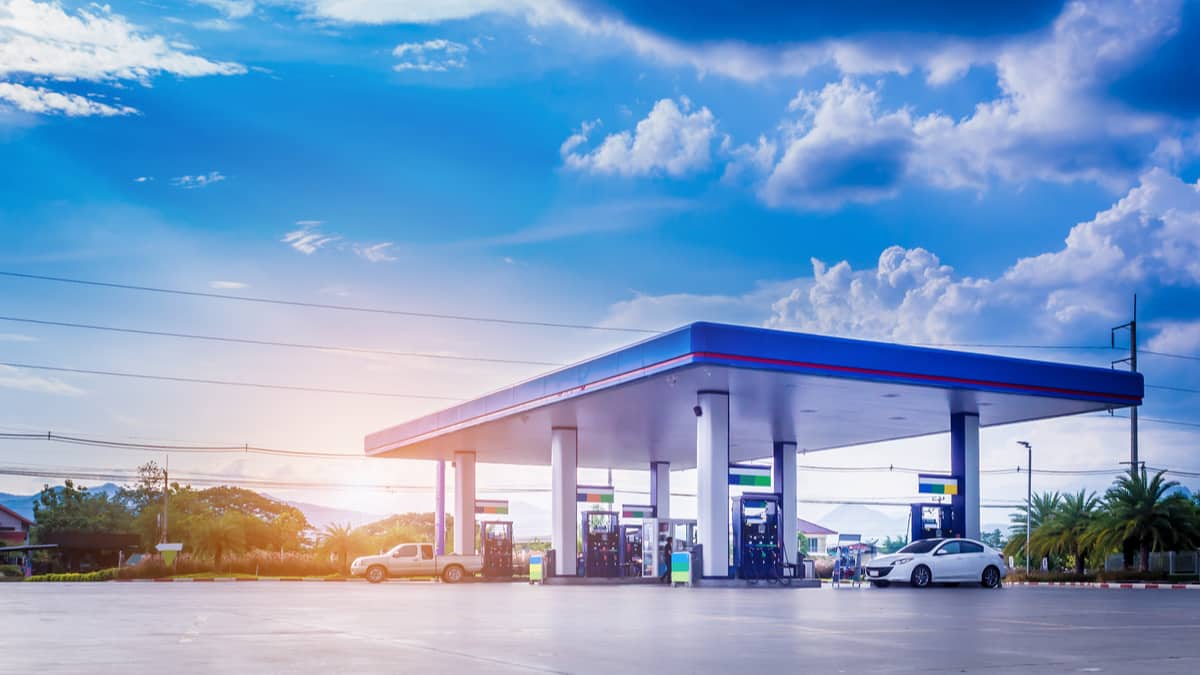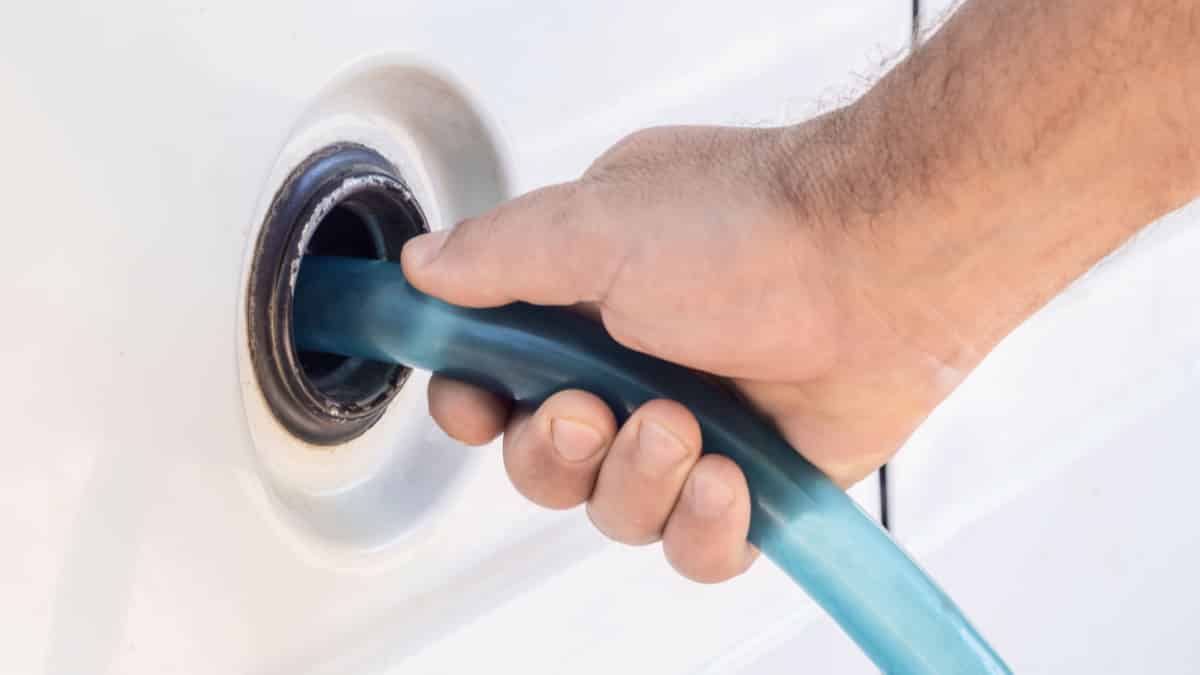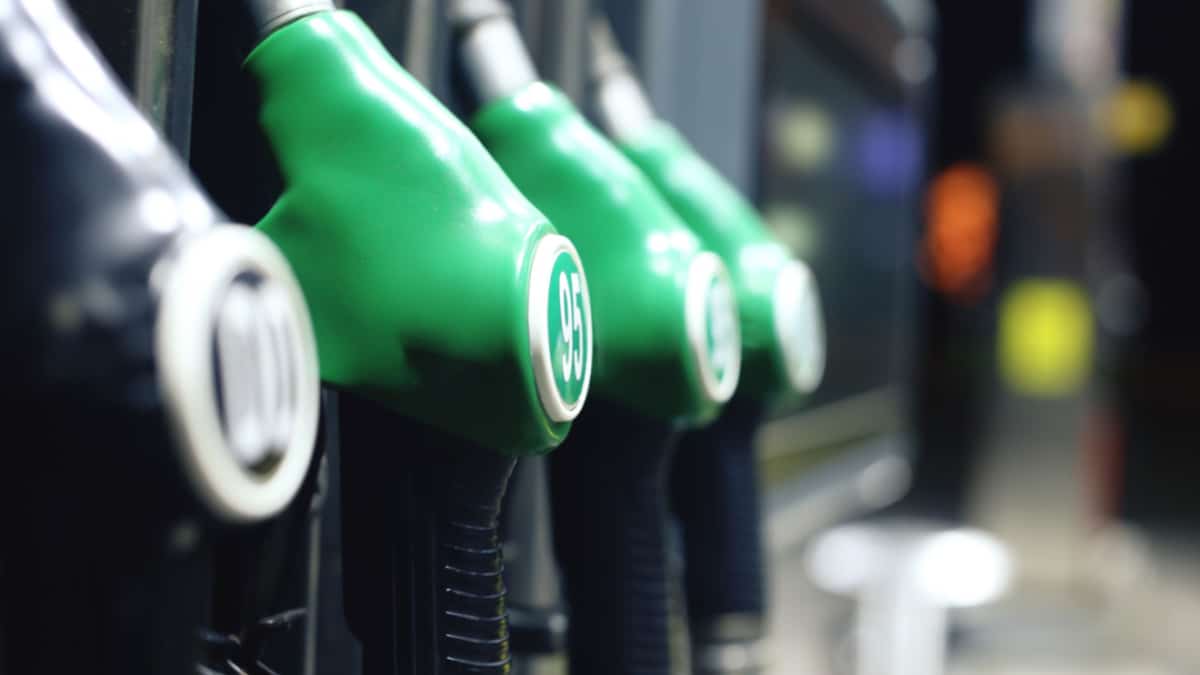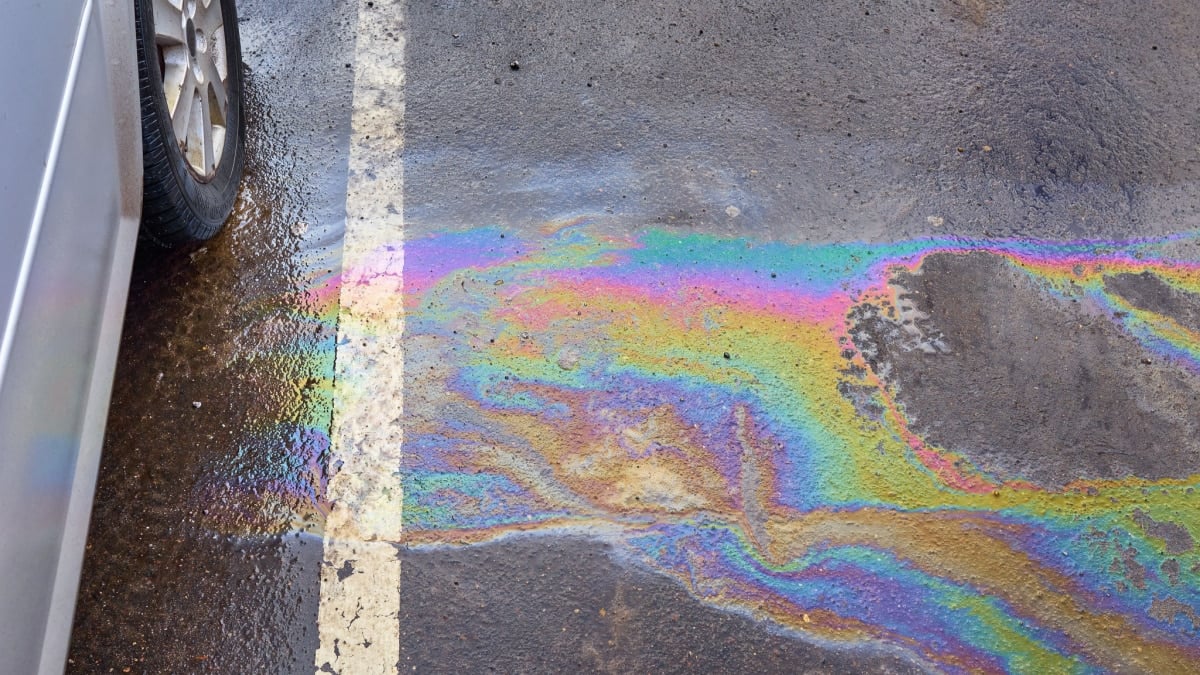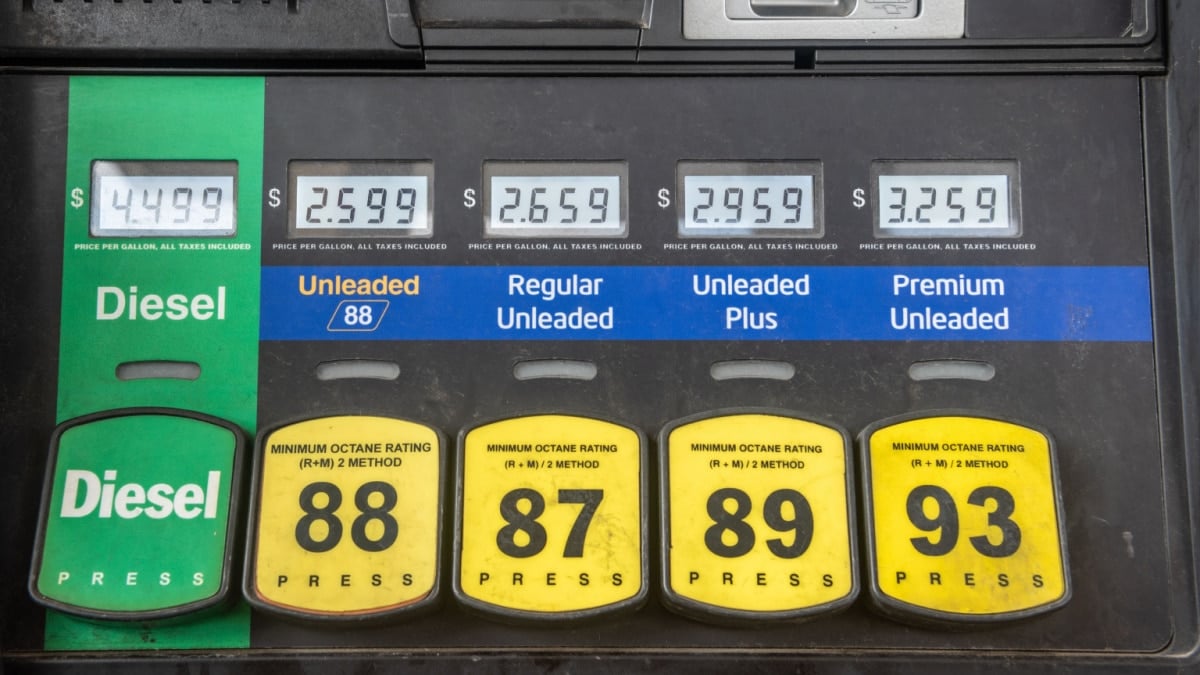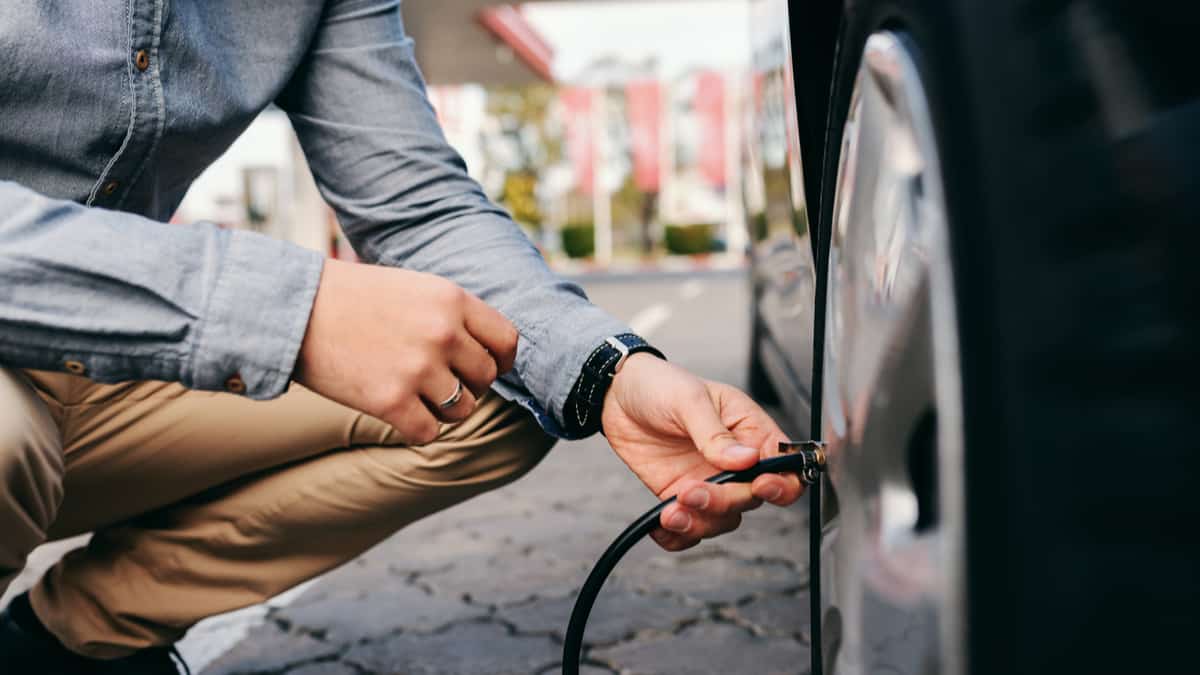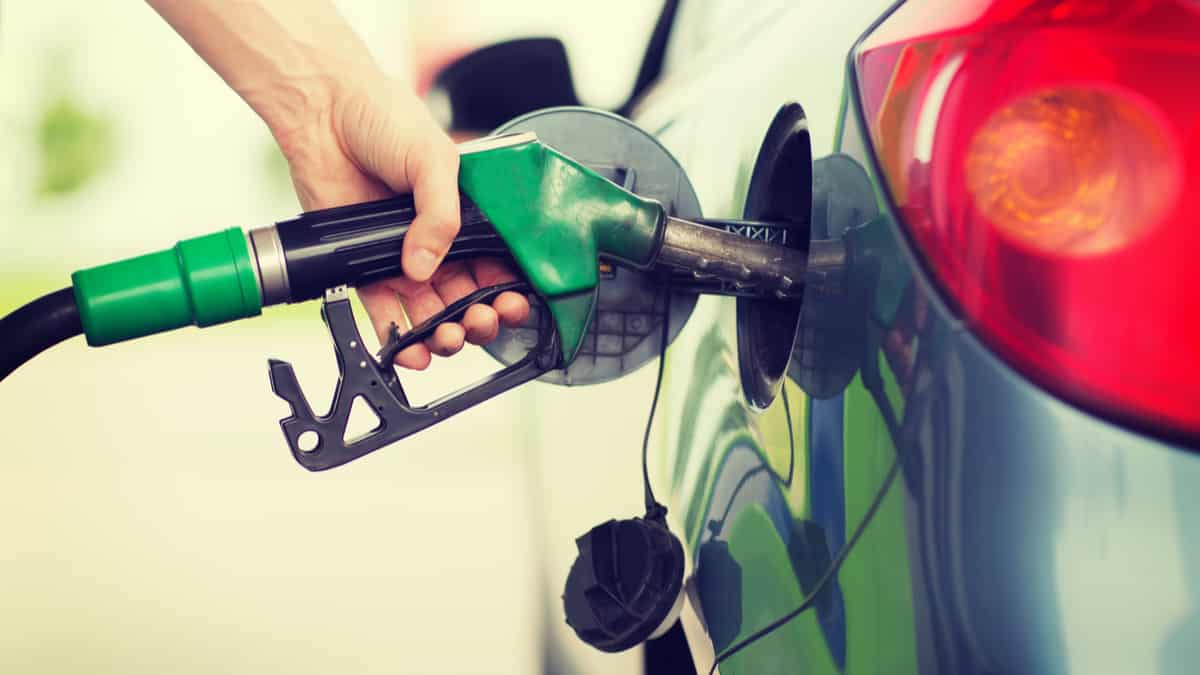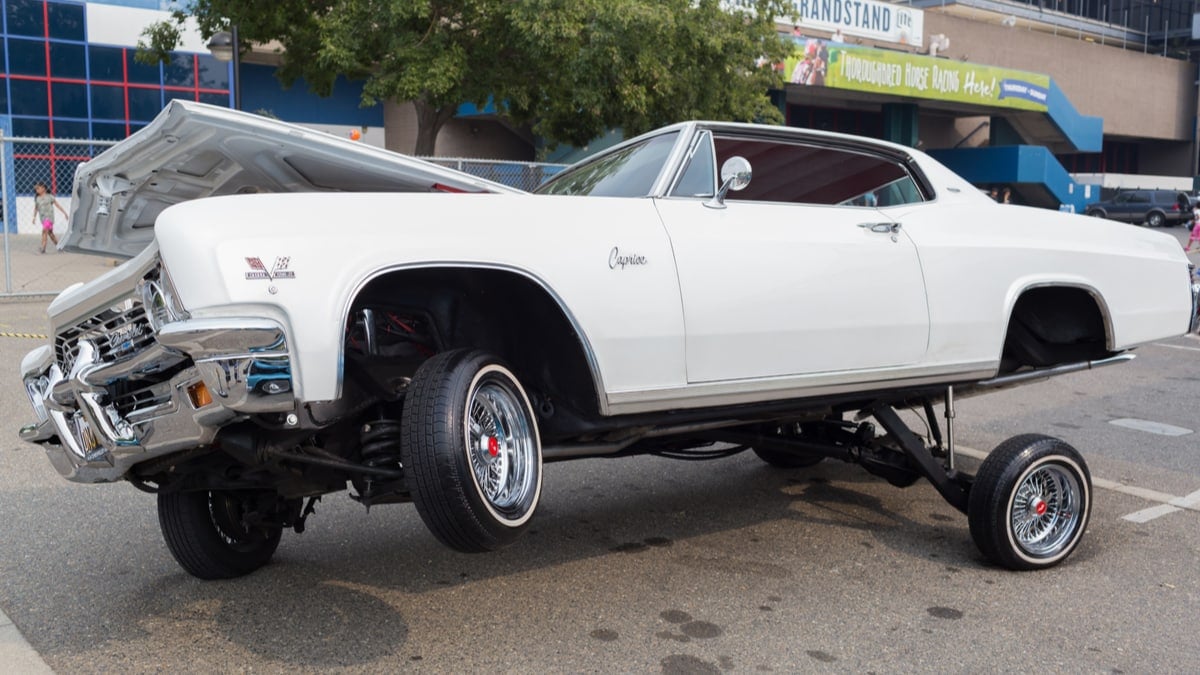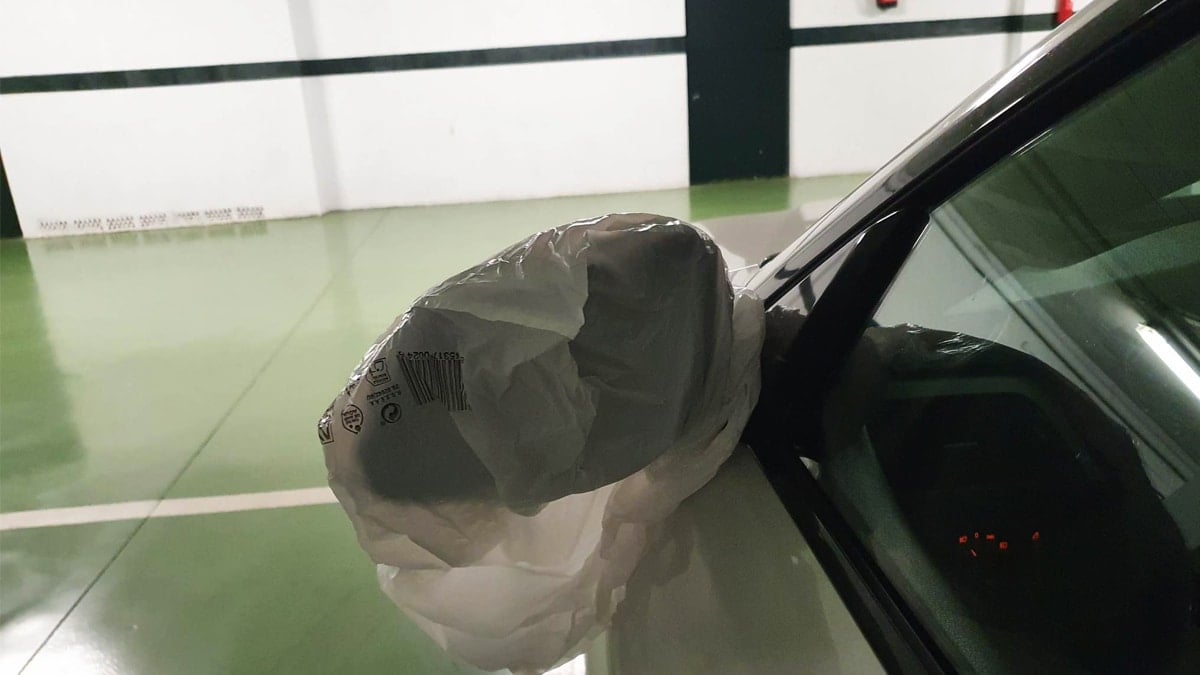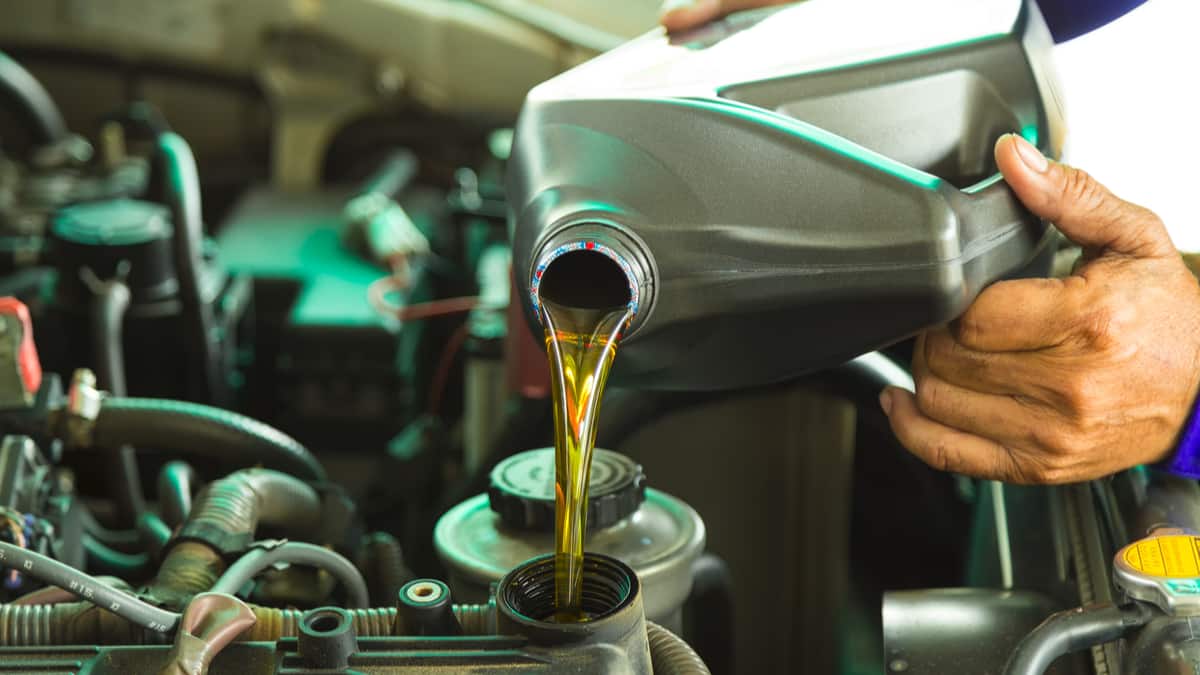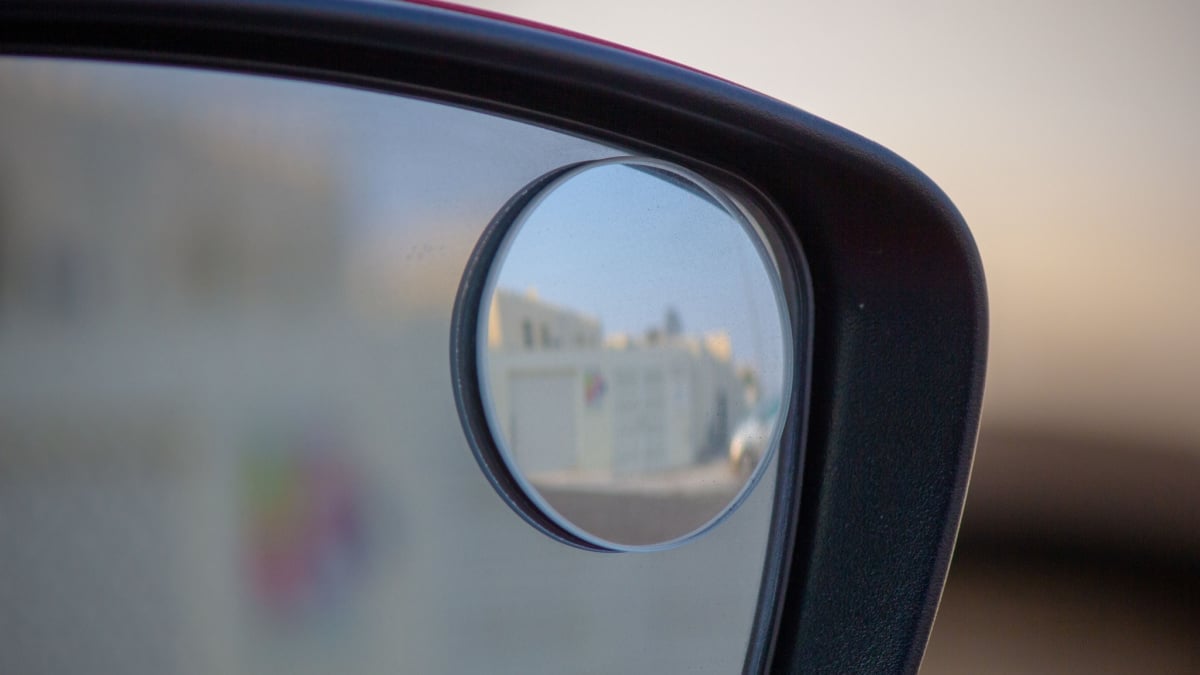Every vehicle is designed to take a specific type of fuel. These designations come from the manufacturer and should always be followed. Yet, it can be difficult to discern the different types of gas and various grades. By accident, you may put premium gas in a car that doesn’t need it, especially if you aren’t paying attention. If you accidentally put premium gas in your car, you need to know what to do next.
We cover the steps you should take and tell you how damaging it can be. There’s a section that talks about the differences between fuel grades and what to do if you put gas in a diesel engine or vice versa. We also take time to answer a few of your top questions.
What To Do If I Accidentally Put Premium Gas In My Car?
If your gas-powered car doesn’t need premium gas, you shouldn’t cause any harm by putting it in one time by accident. It’s not going to hurt the engine or other valuable components. On the other hand, you could cause damage if you put regular gasoline in a car that requires premium.
Premium gas contains higher octane levels and it has a burn period that’s longer than regular octane fuel. After burning, there are minimal deposits left from the fuel, which is why it’s such a great option for luxury and high-performance vehicles.
Regular fuel has a shorter burn time and ignites at lower temperatures. It will leave behind more deposits, so accidentally putting in premium isn’t going to hurt anything.
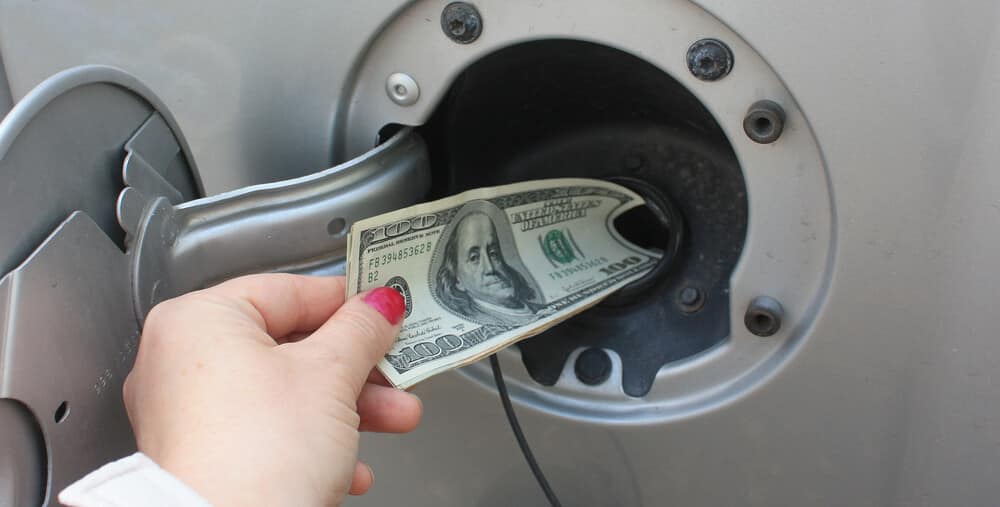
As professional mechanics, we’ve met a lot of people who think adding premium fuel to the vehicle is going to make it run better, but that’s simply not the case. The engine computer determines how the motor runs, so spending more money on premium won’t change a thing.
What Happens When You Put Regular Gas In A Premium Car?
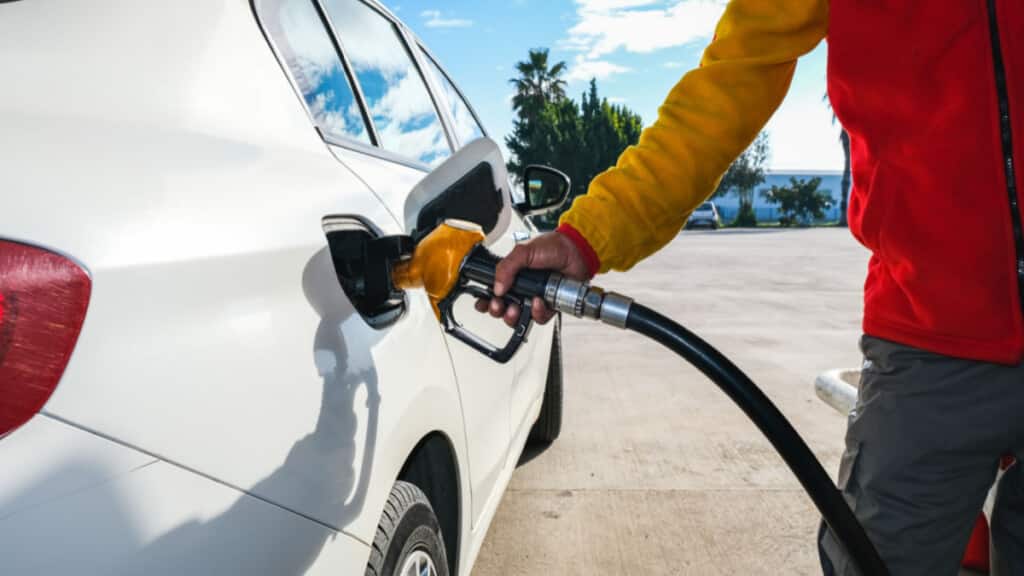
You know it’s not going to hurt the car requiring regular gas if you put premium in the tank, but what about the opposite scenario? Can you put regular gas into a premium car and not have any trouble?
While it depends on the type of vehicle you drive, this is a practice that’s not recommended. If the manufacturer recommends using premium fuel, there’s a reason for it. With the differences between regular and premium fuel, there could be significant issues with switching them. That’s why we never recommend mixing premium and regular gas in any car.
For example, if you drive an older luxury vehicle without an engine control unit (ECU), you could experience engine knocking. To create the right amount of power, these high-end vehicles require premium gas. It’s even more important if the car is equipped with a turbocharger. Low-octane fuel is going to create knocking.
Newer vehicles with electronic fuel injection have knock sensors to prevent issues. Timing is automatically adjusted to ensure that there’s less chance of knocking. Yet, this can lead to premature engine wear.
To fix the problem, get premium gas in the tank as soon as you can. Continue topping it off with premium to dilute the regular fuel. If you put too much regular in the tank and can’t dilute it, consider adding an octane booster to give it a little bump.
Difference Between Premium And Regular Gas
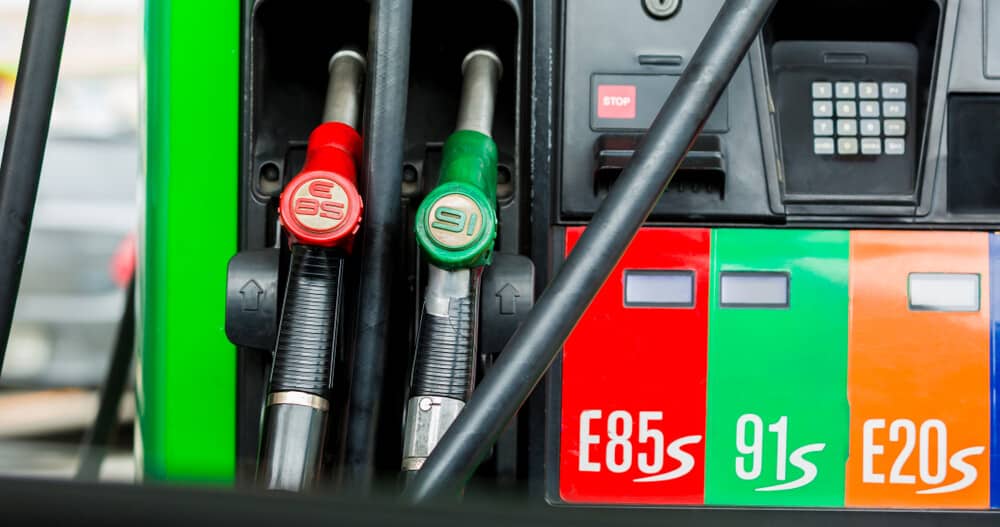
The difference between different gases is the octane rating. Regular gas has a lower octane rating than premium fuel.
Octane ratings help to determine the effectiveness of anti-knocking agents in gasoline. The premium fuel has more of an additive to prevent engine knocking from occurring. This condition happens when the fuel-air mixture happens to combust at the wrong time.
For an engine to run correctly, combustion must occur at a precise time in the cylinder. Any ignition occurring at the wrong time can damage components and cause performance to suffer.
Gasoline comes in three different grades based on the octane rating.
- Regular fuel is the type with the lowest octane number, typically rated 87. This regular fuel is going to burn the fastest and leaves behind the most deposits.
- One step up from this is the mid-grade gas. It sits between regular and premium, with a typical octane rating between 80 and 90.
- Premium fuel sits at the top with the highest octane rating. Depending on the manufacturer, the rating will be between 91 and 94. This gasoline burns the slowest and cleanest.
To reduce engine knocking, the additive in premium fuel increases the temperature and pressure required to ignite the gas. This simple additive ensures the fuel doesn’t combust before it should.
What Happens If You Put Gas In A Diesel Car?
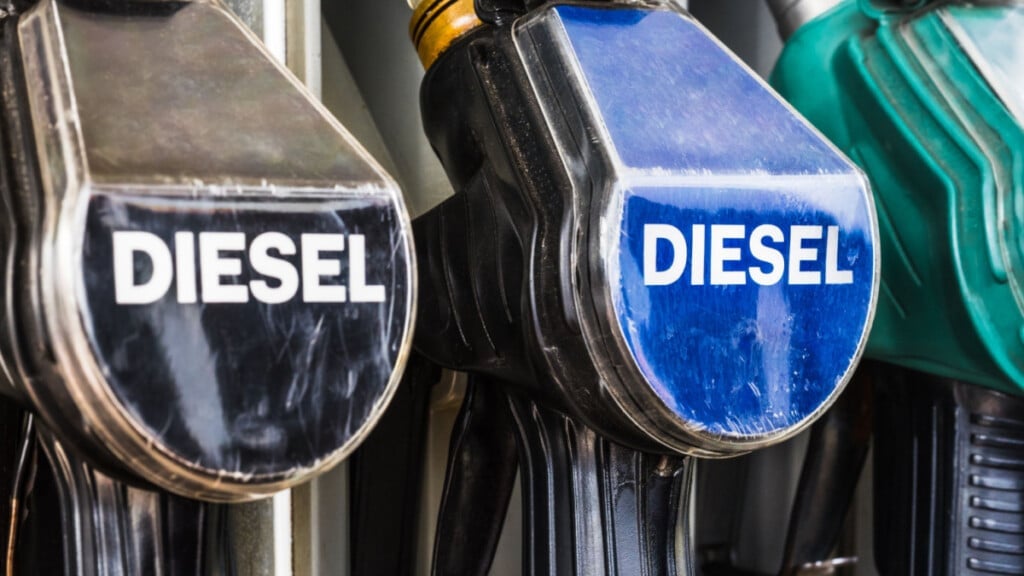
The biggest mistake you could make is to put gasoline in a diesel car. This is a far bigger issue than simply messing up the octane level. It’s very possible that the diesel engine will suffer damage that can’t be undone.
In newer diesel vehicles, the emissions control system will also become damaged with any amount of gasoline. It can also damage the fuel injector pump.
Gas combusts faster than diesel fuel, leading to serious knocking and misfiring. At best, you may need to replace some engine parts, but it’s much more likely that the engine will need to be rebuilt or replaced to correct this error.
If you realize that you’ve put the gas in the tank before starting the engine, there’s still hope. You can have the vehicle towed and drain the fuel tank and lines. With some help from a professional, you may be able to salvage the engine by ensuring none of the gasoline gets into the motor.
What Happens If You Put Diesel Fuel In A Gas Car?
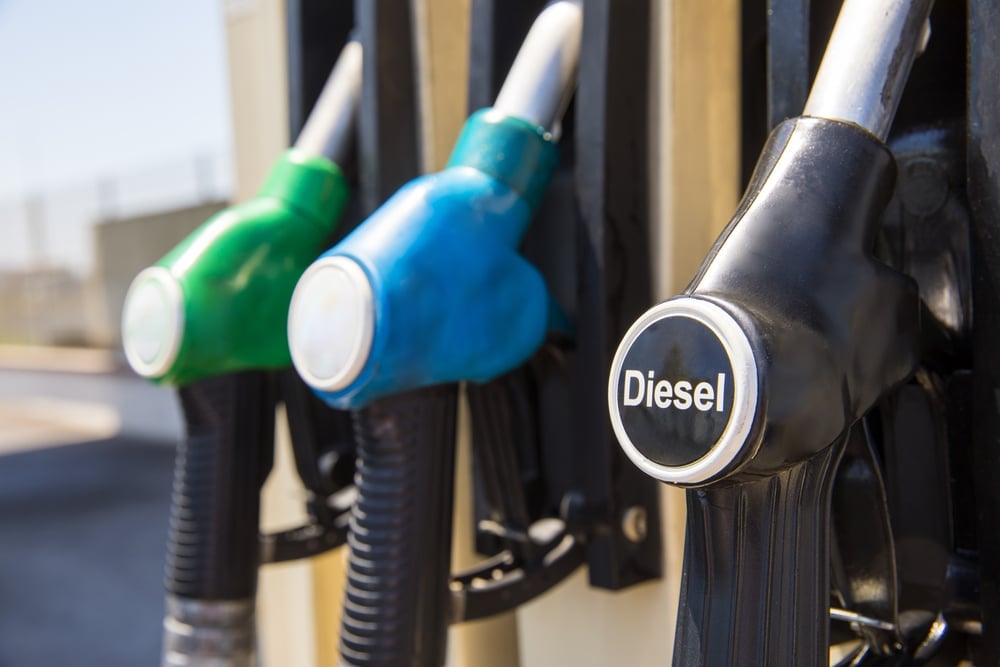
It’s not easy to mix up the gas and diesel pumps at the fueling station. They are different colors and are often separated from one another. However, you could mistake one for the other if you are in a hurry. If you accidentally put diesel in a gas-powered car, you could have some problems.
Once the diesel fuel reaches the intake system, the car will stall. Diesel fuel is denser than gasoline and it tends to clog everything up. You won’t be able to drive the car with diesel running through it.
At best, you may catch the mistake before you start the engine. In this case, you can have the car towed so the tank and lines can be flushed. By doing so, you avoid more costly damage.
Does premium fuel make your car run better?
There are many drivers who swear by the performance of high-octane fuel, but there’s little to show that it benefits the average vehicle. Modern engine computers automatically adjust timing to account for any difference in octane, so you aren’t usually going to notice a difference. The only change could be that you spend more for no tangible results.
Will premium gas damage a regular car?
If your car requires regular gasoline, it shouldn’t hurt anything to accidentally put in premium fuel. However, you are going to pay more for premium gas and are unlikely to see any difference. It’s best to stick to whatever fuel the manufacturer recommends, especially if the vehicle is still under warranty.
Is it bad to put 93 in a car that takes 87?
The majority of vehicles on the road today should use 87-octane fuel. This regular gas is all that’s needed to keep the engine running its best. By putting 93, or premium fuel, in this vehicle is going to be a waste of money. It won’t cause any damage, but it’s also not going to lead to better performance either.
Is it good to use premium gas once in a while?
If you are looking for better fuel efficiency and performance, increased octane isn’t usually going to make a difference. Even if there’s a small difference, it’s probably not worth the excess amount of money you will pay to upgrade to premium fuel. That’s why we always recommend sticking to the octane that’s suggested by the manufacturer.
There are a lot of things you could do wrong to damage your car engine, but putting premium gas in the fuel tank isn’t one of them. If you’ve accidentally chosen the wrong fuel pump, you don’t need to worry unless you’ve put diesel in the gas tank or vice versa. While using premium shouldn’t cause any damage, you don’t want to continue the practice.
There’s a reason that the manufacturer calls for either regular or premium gasoline and those are the guidelines you should always follow. Some vehicles will “recommend” the use of premium gasoline, which you should also consider following. Otherwise, regular gasoline is what’s best for most vehicles on the road today, and you’ll save a little money choosing it over the premium version.
Categories: Troubleshooting
